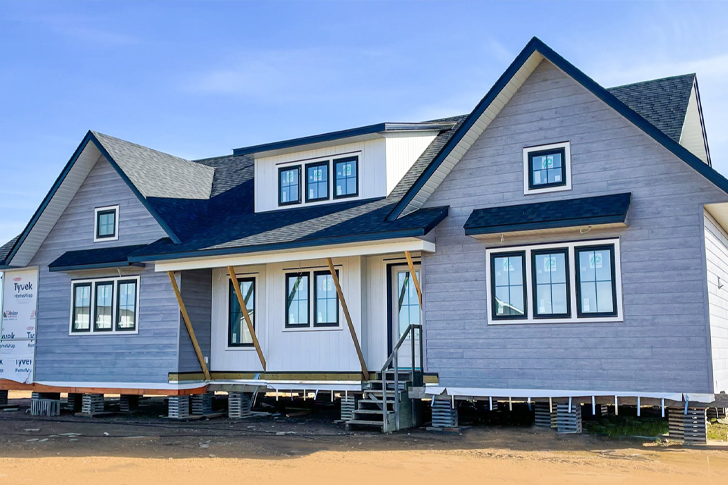Senior-Friendly Guide to Finding a Budget-Friendly Pre-Owned Home
As the population ages, the demand for affordable housing tailored to seniors becomes increasingly crucial. The quest for such housing is not just about finding a low-cost option; it’s about finding a safe, comfortable, and supportive environment where seniors can enjoy their retirement years. This guide will explore various strategies and resources that seniors can use to find the perfect pre-owned home without breaking the bank.

Understanding the Housing Market for Seniors
Before diving into the search for a pre-owned home, it’s helpful to understand the current real estate market trends affecting seniors. According to the National Association of Realtors, homes have seen an appreciation rate increase in recent years, though the market shows signs of stabilizing. As of the last recorded period, the median home price in the United States was approximately $374,900. However, markets targeted towards seniors, such as those with age-restricted communities or senior living facilities, may differ in pricing and availability.
1. Leveraging Government Programs and Subsidies
One of the most effective ways for seniors to find affordable housing is through federal and state programs. The U.S. Department of Housing and Urban Development (HUD) offers several programs aimed at assisting older adults. These include the Section 202 Supportive Housing for the Elderly Program, which provides funding for the development and subsidization of rental housing with supportive services for very low and moderate-income seniors. Additionally, the HUD public housing program offers homes at reduced rents for seniors meeting specific income criteria.
2. Exploring Nonprofit and Charitable Organizations
Various nonprofit organizations and charities are dedicated to helping seniors find affordable housing. Organizations such as Habitat for Humanity have programs that help seniors become homeowners through a combination of volunteer labor, donations, and no-profit, low-interest loans. Another example is the AARP Foundation, which works to ensure that low-income older adults have stable, affordable homes in the communities they value.
3. Considering Co-housing and Shared Housing Options
Co-housing is a type of collaborative housing in which residents actively participate in the design and operation of their own neighborhoods. Senior co-housing focuses on creating a supportive community for aging adults. Shared housing, wherein two or more unrelated people share a dwelling to reduce costs, is another viable option for seniors looking to economize their living situation.
4. Looking Into Manufactured Homes
Manufactured homes can be a cost-effective alternative to traditional houses. They are built in a factory and then transported to a designated site for assembly. The Manufactured Housing Institute reports that the average cost per square foot of a manufactured home is significantly less than that of a site-built home. This makes them an appealing option for seniors looking for affordable, decent, and safe housing options.
5. Tips for Working with Real Estate Agents Specializing in Senior Housing
When searching for a pre-owned home, consider working with a real estate agent who specializes in senior housing. These professionals are knowledgeable about the unique needs of older adults and can guide you through the process of finding a home that meets those needs, including accessibility features, proximity to healthcare facilities, and community engagement opportunities.
6. Using Online Resources and Tools to Find Affordable Homes
Numerous websites and tools can help seniors find affordable housing. Websites like Zillow, Realtor.com, and Trulia allow users to filter searches based on price, location, size, and more. Additionally, websites like SeniorHomes.com specialize in finding housing options for seniors, including affordable pre-owned homes.
7. The Importance of Location and Its Impact on Cost
Location significantly affects the affordability of housing. Generally, homes in rural or suburban areas tend to be less expensive than those in urban centers. However, it’s crucial to balance affordable housing costs with accessibility to essential services like healthcare, public transportation, and social activities, which are more abundant in denser areas.
Conclusion: Making Informed Decisions
Finding an affordable pre-owned home as a senior involves careful planning and research. By utilizing government programs, nonprofit resources, and specialized housing options like manufactured homes and co-housing, seniors can find safe, comfortable, and budget-friendly housing solutions. The key is to start the process early, use all available resources, and consider your long-term needs and lifestyle preferences.







Recent Comments